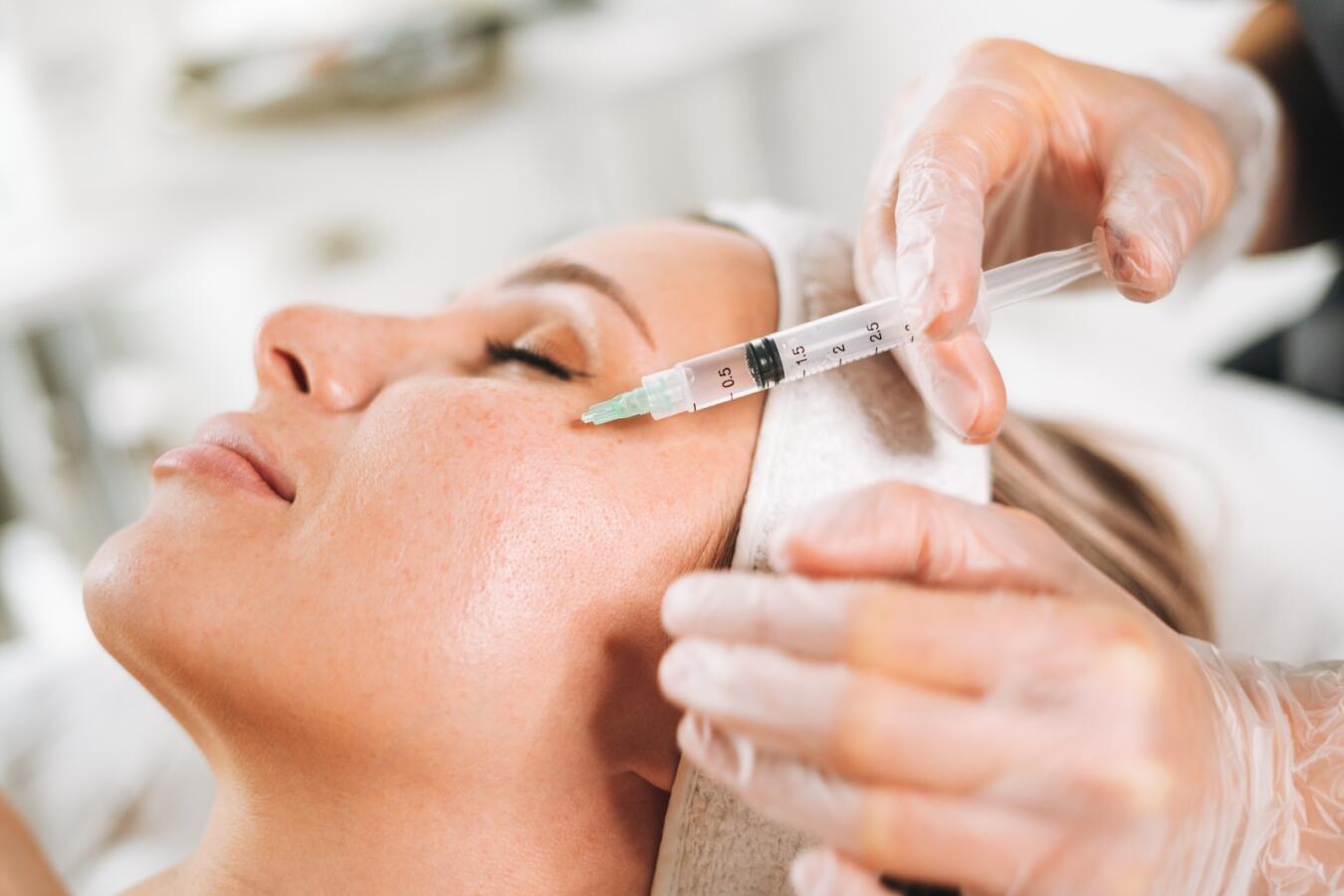Jewish tradition permits nearly any medical procedure when a person’s health is at stake. The imperative of preserving life overrides almost every other religious consideration. But what about cosmetic surgeries that are not undertaken to save life? Does Judaism permit surgery to repair a broken nose or to reconstruct features marred by accidents? And what about procedures aimed solely at increasing attractiveness?
Although there’s evidence for reconstructive surgery going back thousands of years, only in the 20th century did it become common to perform cosmetic procedures aimed at improving a person’s appearance. Accordingly, rabbinic opinion only began to consider the question of its permissibility in the last century. Among the first to weigh in was Rabbi Immanuel Jakobovits, the former chief rabbi of the United Kingdom. In his 1959 work Jewish Medical Ethics, Jakobovits laid out four areas of Jewish law and ethics that posed problems for cosmetic surgery:
- The religious prohibition of engaging in risky behavior
- The religious prohibition on self-mutilation
- The theological problem of “improving” God’s handiwork
- The Jewish disinclination to vanity
Of these four, the first two are straightforward issues of Jewish law. Unnecessarily endangering one’s life and mutilating one’s body are both prohibited activities, so the question there is simply whether elective cosmetic surgery runs afoul of either. The other two are more philosophical in nature and don’t offer clear answers either way.
Avoiding Risk
In general, Jewish law prohibits taking unnecessary risks with one’s life. The source of this prohibition is a pair of nearly identical verses in the fourth chapter of Deuteronomy: “Guard yourself and guard your soul very much” (Deuteronomy 4:9) and “You shall guard yourselves very well” (Deuteronomy 4:15). From these verses emerges a consensus opinion in Jewish law that it is obligatory to protect personal health and avoid unnecessarily dangerous situations.
With your help, My Jewish Learning can provide endless opportunities for learning, connection and discovery.
Surgery is inherently risky. While the risk of fatal complications from cosmetic surgery is generally low in most countries, it is greater than zero. In cases where surgery is indicated to resolve a serious illness, there is little question that the procedure may be undertaken. But in situations where the surgery would only improve one’s physical appearance, it’s not clear that it’s permissible to subject oneself to the inherent risks of anaesthesia, infection and other potentially life-threatening surgical complications.
In 1964, Rabbi Mordechai Yaakov Breish considered the issue of risk in addressing the question of whether a woman could get a nose job to improve her marriage prospects. Breish ruled that the procedure was permitted because the need was pressing, citing an instructive passage in the Talmud concerning whether someone could remove scabs from their face on Shabbat. One teaching asserted that it is prohibited to do so if they are removed merely for the sake of physical appearance. But in a revealing comment, the medieval commentary Tosafot asserts that psychic pain is considered grounds for removal: “If the only pain that he suffers is that he is embarrassed to walk among people then it is permissible, because there is no greater pain than this.”
On this basis, Breish ruled that the psychic pain of a physical impairment that causes public embarrassment is a valid medical need that permits assumption of the risks of surgery.
Self-Mutilation
Beyond the requirement to avoid risk, Judaism also prohibits self mutilation. This prohibition is derived from Deuteronomy 25:3, which bars a court from administering more lashes to a criminal than is statutorily required. This prohibition is understood to ban doing unnecessary physical harm to the human body. As above, where there is a pressing medical need, it’s universally agreed that the wounding associated with surgery is permissible. But where the objective of the surgery is aesthetic, that’s not so clear.
Rabbi Moshe Feinstein, the leading Jewish law authority of the 20th century, addressing a question similar to the one posed to Breish (some speculate it was precisely the same question), maintained that the ban on self-mutilation was not a consideration with cosmetic surgery. Citing Maimonides, who ruled that the prohibition on self-mutilation applies only when the intent is to do harm, Feinstein determined that cosmetic surgery done for a person’s benefit is not a violation of the prohibition on self-harm.
The Ethics of Vanity
The most prominent Jewish religious voice opposing cosmetic surgery belongs to Rabbi Eliezer Waldenberg, a 20th-century Israeli authority who wrote extensively on questions of Jewish medical ethics. Though he staked out some notably permissive positions on medical questions, Waldenberg emphatically opposed cosmetic surgery. His ruling was based in part on his belief that allowances for medical interventions only apply in cases of disease. Operating on a healthy person merely for reasons of appearance, or to alleviate psychological distress, does not fall under the religious rubric of healing.
But Waldenberg also raised another concern that echoed Jacobovits’ formulation from decades earlier: God creates individuals exactly as they should be, Waldenberg argued. Any procedure that is done for aesthetic purposes is therefore an affront to God and should not be performed.
In a paper from the early 1990s, the Reform movement’s rabbinic authorities took up the question of whether a woman could undergo breast augmentation solely to please her husband. Though they stopped short of a blanket prohibition, they noted that claims of improved psychological well-being thanks to surgical enhancements were often exaggerated: “We would argue the opposite: that so many people are willing to subject themselves to damaging and potentially dangerous procedures for no other reason than better looks is clear evidence of the overemphasis which our materialistic culture places upon superficialities. Rabbis customarily and justly critique this distortion of values. Indeed, if Judaism means anything to us, it admonishes us to look below the surface, to concentrate upon the development of deeper and more lasting measurements of self-worth and satisfaction.”
Conclusion
Most Jewish authorities permit cosmetic surgery when it is undertaken for some purpose beyond aesthetic preference, including the relief of emotional distress. Rabbi Moshe Feinstein, the leading authority of the last century, explicitly permitted rhinoplasty when the objective was to improve marriage prospects. Reconstructive surgery after an accident, or to repair a significant deformity, would likewise be allowed by the majority of Jewish legal authorities. But surgeries done for the sole purpose of personal preference are more problematic from the perspective of Jewish tradition.
Explore other contemporary issues through a Jewish lens with our 8-part email series. Learn more and sign up here.



